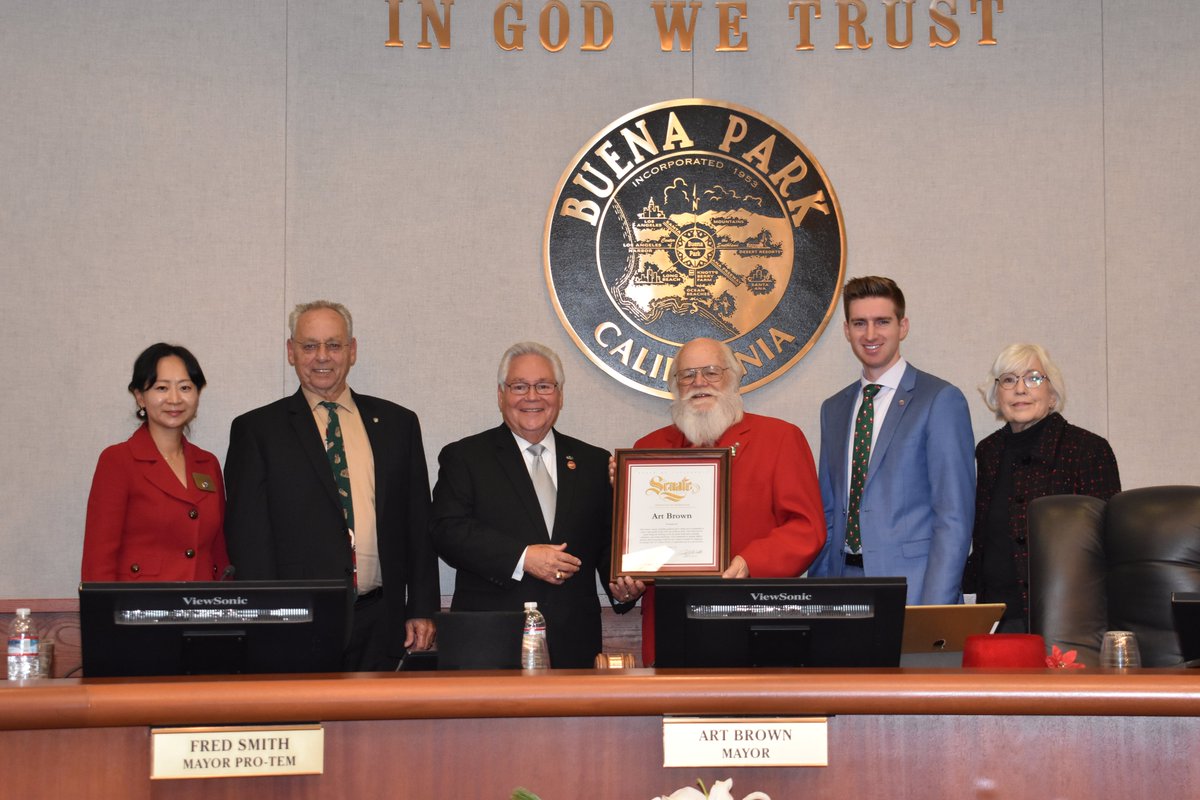In TRACKS, Al Vela gives a fascinating glimpse into Olive Street, more
By Brady Rhoades
Westminster native Dr. Albert V. Vela has published a book titled TRACKS to the Westminster Barrio: 1902-1960s.
The book chronicles the founding of the Mexican barrio in Westminster. It’s a sweeping account of the Mexican Revolution (1910-1919), immigration of Mexicans to Orange County, life working on the railways and on farms, segregation, integration (including the famous Mendez case that desegregated schools, starting with Hoover Elementary School in Westminster), and how Mexican-Americans advanced socially, educationally and economically in Orange County.
“Here is a history of what went on during the early years,” said Vela, 79, a teacher and writer who earned his Ph.D from University of Connecticut. “It’s a hidden part of history… You won’t find another book like this one. There are a lot of books written by Latinos and Latinas, but they are written by scholars, for scholars. This is written to the nitty gritty.”
“This book is a testimony of the pride and movement of our Mexican, Mexican-American, Chicano, and Latino brothers and sisters of Olive Street Barrio of Westminster,” said Ricardo Juan Valverde, a Westminster resident and Olive Street Committee member.
It’s been quite a journey for Vela. Living in Westminster in the early days, he said he felt like half a person. And it wasn’t just because he had yet to learn English.
“I was walking around, learning American history, American culture, but there was another part. It was a mystery,” Vela said. “There was a phantom next to me.”
He educated himself out of that ghost-state.
Vela is a second generation Mexican-American who was born and raised in Westminster along with nine siblings. He attended Blessed Sacrament School in Westminster and Mater Dei High in Santa Ana.
He grew up on Olive Street before moving to Spruce Street.
His childhood during the 1930s and 40s made an indelible impression on him — immigration, segregation, learning English, gathering around the table for pinto beans, rice, fruit, tortillas and postum, fathers coming homing from working on the Pacific Railway, mothers tending to their children, cooking, washing, and youthful days playing in that jewel of a place known as Sigler Park.
Vela referred to the park as “an institution where we integrated.”
Sigler Park is where Mexican, Caucasian and Japanese children skated and played softball.
Even though there was institutional segregation going on, Vela said, “There was a lot of integration socially, a lot of friendships.”
In the early pages of TRACKS, Vela recalls life in Westminster during the Great Depression: In the 1930s on the north side of Westminster Avenue from west to east were a Dry Goods Store, Zink’s Barber Shop, a drugstore/cafe, Shorty’s Cavanaugh’s Motor Inn cantina, Lessig’s Garage next to Shorty’s Cantina, a motion picture theater on the second floor of the Odd Fellow’s Hall, Orel Hare’s Garage, Day’s store (Ray Burns Store), the O.K. Shoe Shop, Cozad’s General Store (later EJ Menard’s). A wagon road ran between Day’s Store and the Hare-McCoy home. West of the Southern Pacific Railroad tracks were the depot, water tank, sidetrack, and beet dump. Shorty Cavanaugh’s cantina (barrio men’s favorite watering hole) was affectionately rechristened El Patito. Cavanaugh was short, used a cane and waddled like a duck.
The author’s favorite part of the book? The heroic women of the Mexican Revolution.
“Without the women, there would have been no revolution,” he said.
They handled all the home affairs, working long, hard hours, sleeping little, tending to their families, often at their own expense. But that wasn’t all.
“They fought,” Vela said. “They were soldiers next to the soldiers.”
Vela returned to visit his hometown in 2005 to attend the “Olive Street Reunion,” which has been held yearly since 2004. The reunion inspired him to write the book that took 12 years to complete.
“It just gripped me,” he said.
It is a labor of love in which he recalls his childhood and delves into the history of the time that impacted many of the neighbors that immigrated from Mexico to the area on and near Olive Street.
The book provides a personal perspective on a famous, groundbreaking case — Mendez et al v. Westminster et al. — centered on Hoover School, on Olive Street in Westminster. Superior Court Judge Paul McCormick ruled that segregation in separate “Mexican schools” was unconstitutional in violating the civil rights of plaintiff families protected by the 14th Amendment.
The book also contains a plethora of historical photos, providing a glimpse into to what it was like to live in that era.
To purchase or be placed on a waiting list, email Dr. Vela at SiglerPark@gmail.com. Give name, phone and address telling the number of books you’d like. Price in California is $47.44.









